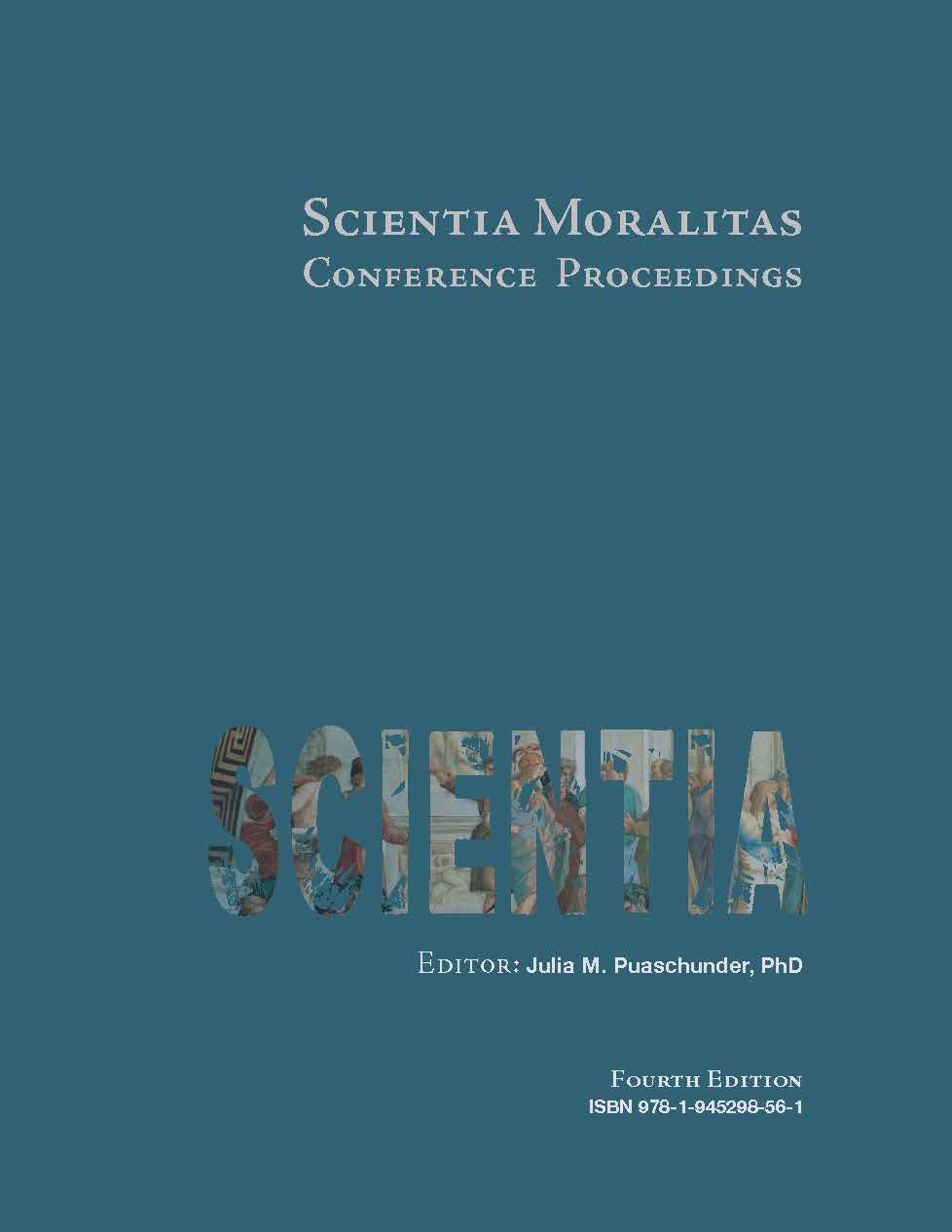Charting Contested Territory: Paradigmatic Conflicts in Critical Management and Organization Studies Discourse
Charting Contested Territory: Paradigmatic Conflicts in Critical Management and Organization Studies Discourse
Author(s): Severin Hornung, Thomas Höge
Subject(s): Business Economy / Management, Philosophy of Science, Methodology and research technology, Economic development
Published by: Scientia Moralitas Research Institute
Keywords: Philosophy of science; research paradigms; academic discourse; dialectic analysis; epistemological critique;
Summary/Abstract: Drawing on the philosophy of science, this essay addresses ideological and epistemological heterogeneity in management and organization studies scholarship. The presented review and application of the meta-theory of scientific paradigms establish connections with prior controversies to delineate, deconstruct, and reappraise the current discourse in the pluralistic field of management and organization studies. Representing theories of society focusing on regulation (order) vs. radical change (conflict), and conceiving social science as concerned with objective vs. subjective realities, a classic taxonomy differentiates functionalist, radical structuralist, interpretive, and radical humanist paradigms. Scientific progress has transformed these into ontological, epistemological, and axiological configurations of post-positivist (normative, mainstream), interpretative (constructivist, hermeneutic), postmodern (dialogic, poststructuralist), and critical (dialectic, antagonistic) approaches. Associated meta-theorizing is applied to academic disputes involving critical management studies. Distinguishing degree and location, four fundamental and foundational inter- and intra-paradigmatic conflicts are analyzed: a) the evidence-debate between critical scholars and mainstream (post-)positivist functionalists; b) the performativity-debate within the field of critical management studies; c) the managerialism-debate between radical critical structuralists and poststructuralists; and d) the ideology-debate representing influences on adjacent fields, exemplified by an emerging critical paradigm in work and organizational psychology. Underlying dynamics are framed as fermenting and fragmenting forces, driving paradigm delineation, differentiation, disintegration, and dissemination. The developed meta-theoretical perspective facilitates self-reflexive scholarship, meaning-making, and knowledge-creation, promoting a deeper understanding and better navigation of the organizational literature as an ideologically contested terrain of social science.
Book: Scientia Moralitas Conference Proceedings
- Page Range: 1-17
- Page Count: 17
- Publication Year: 2024
- Language: English
- Content File-PDF

